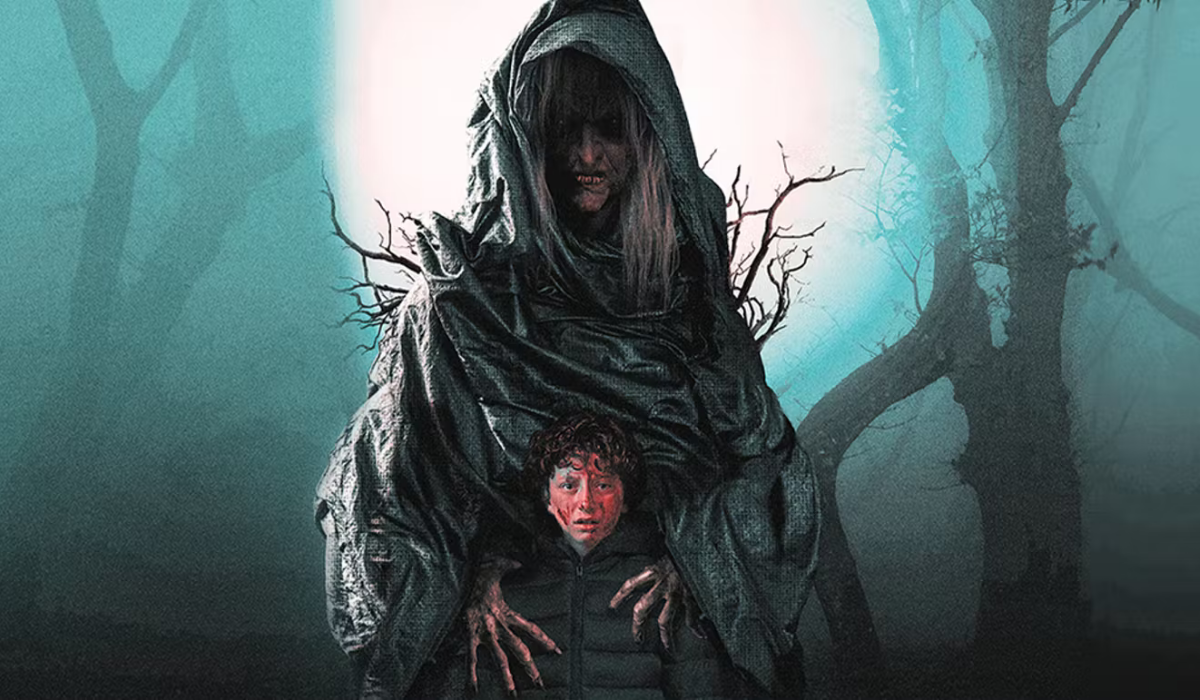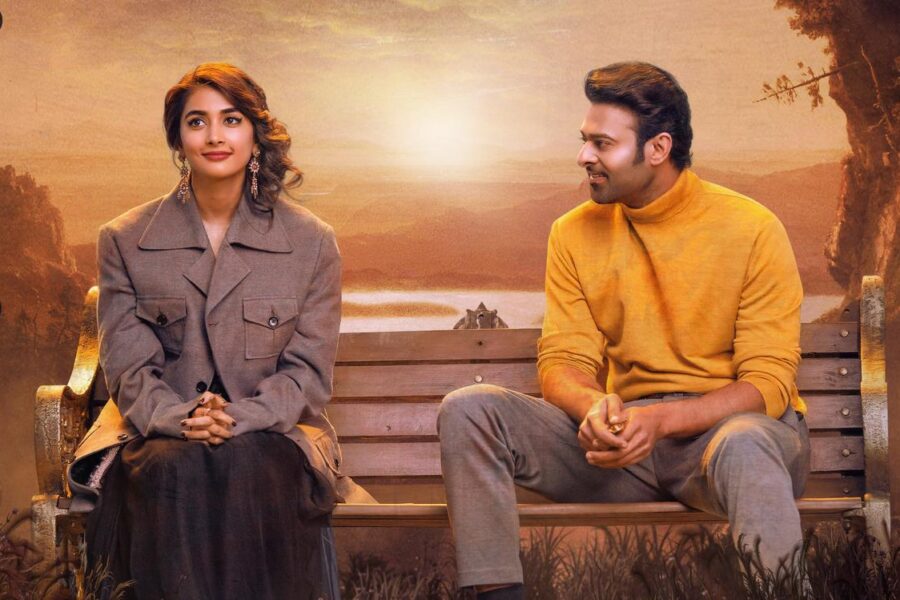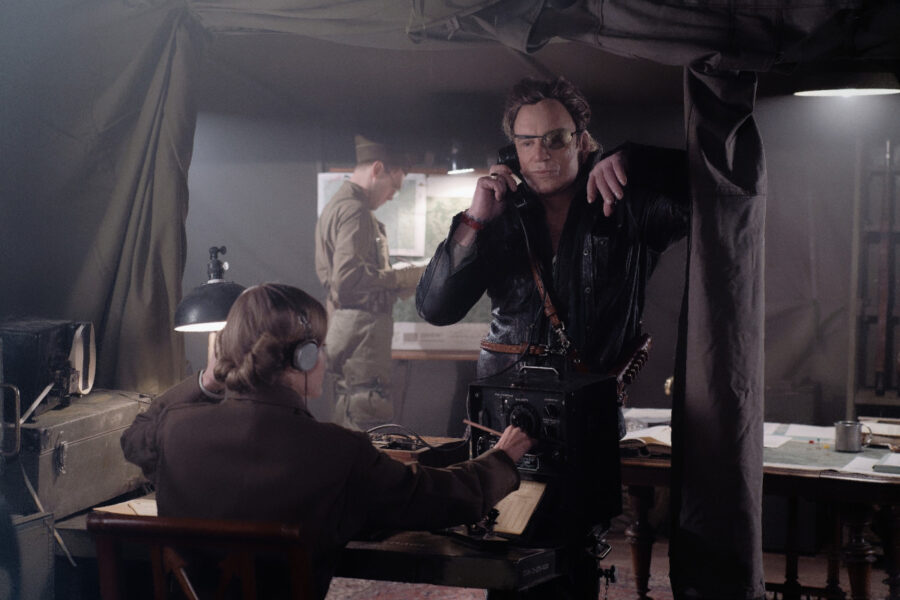Weaving an unsavory tale about isolation, bullying, and familial dysfunction, Slapface looms like an uncomfortable truth that is too desolate in tone.
Solation and abuse — both physical and psychological — can shatter a person’s sense of self completely, especially if the perpetrator in question presents their abuse as a form of love. This is exactly what Lucas (August Maturo) undergoes in Jeremiah Kipp’s Slapface, in which the young boy lives out an existence characterized by loneliness, harassment, and neglect. Horror as a genre has forever been bold enough to speak about about trauma and its ability to wrench out the most unsavory parts from inside of us, and Slapface dares to delve into this layered discourse, perhaps too well. Weaving an unsavory tale about isolation, bullying, and familial dysfunction, Slapface looms like an uncomfortable truth that is too desolate in tone.
Lucas lives with his older brother Tom (Mike Manning) in a woodland house and the duo have recently suffered the loss of their parents in a terrible car accident. Abandoned and having only each other to rely on, Lucas and Tom, while sharing a close dynamic, have a pretty dysfunctional bond after their parents’ death. In order to relieve themselves of their pain, Tom proposes a “game” of Slapface, in which the brothers take turns to slap one another (pretty hard) in an attempt to vent out their unspoken grief. While this is unhealthy from the get-go, Tom, despite trying his best to be more responsible, is pretty negligent towards Lucas, being wholly ignorant of the fact that he is constantly bullied, and shares a borderline toxic dynamic with his secret girlfriend Moriah (Mirabelle Lee).
The abject loneliness and desperation that comes from being stuck with objectively terrible people in a small town have been captured in painfully visceral ways, although Kipp’s take on these characters is heart-wrenching. None of the characters are likable or worth rooting for, except Lucas, who is merely responding to those around him. The bullies are one-dimensional and overtly cruel in their harassment of Lucas, and Moriah’s hypocrisy in participating in the abuse due to peer pressure, and then secretly asking Lucas for forgiveness, is difficult to sympathize with. Tom’s character is a tad more complex, as he clearly loves his brother and wishes to be there for him, but ends up spiraling due to the untreated nature of his own grief and rage, hence participating in the abusive ritual of Slapface which further shatters Lucas’ already-battered sense of self.
Being bogged down by so many trauma bonds, it’s no wonder that Lucas often wanders off to an abandoned hospital building in search of a fantastical refuge, namely the folk legend of the Virago witch, which he is fascinated with. Things take a murky turn when Lucas encounters a monstrous witch-like figure, who forms a bond with the boy and is ready to protect him from any harm, going so far as to murder animals and people. While the monster itself is not too interesting to look at, as she is reminiscent of the hook-nosed witch figure in fairytales, it is what she stands for that makes for the ultimate chill factor. How lonely and broken does a young boy have to be in order to befriend a terrifying monster who lives in the woods? The answer is too bleak, too heartbreaking.
Both Maturo and Manning are successful in conveying the hidden depths of pain within their characters, which manifest in distinct ways throughout the narrative. While Maturo expresses Lucas’ growing disillusionment with life via nuanced facial cues, Manning is able to portray Tom as a broken man, forced to assume the mantle of an adult without ever being ready to do so. Slapface is not without its flaws, as the execution of certain narrative leaps comes off as shoddy, and the overall emotional landscape is too depressing with no respite. Although immensely firm in its anti-bullying message, while expertly portraying the vignettes of trauma, Slapface is limited by the limitless void it creates, which ultimately swallows the film.
Source: screenrant







Leave a Comment